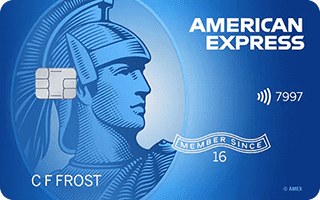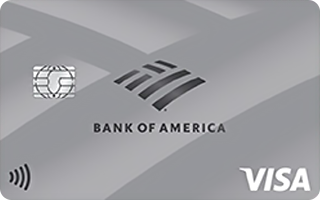Both the Blue Cash Everyday card from American Express and the Bank of America Unlimited Cash card offer enticing cash back rewards and no annual fees.The Blue Cash Everyday edges ahead with higher cash back rates in popular categories like supermarkets and gas stations, coupled with a generous welcome offer.
However, the BofA Unlimited Cash's flat-rate cash back on all purchases and the potential for a higher rewards rate for Preferred Rewards members makes it a worthy option, especially for those who value simplicity in their rewards structure.


















